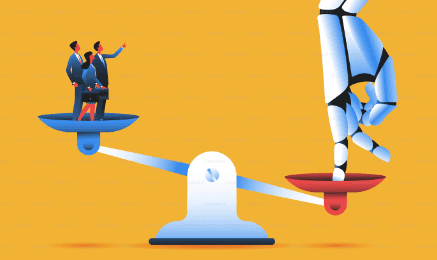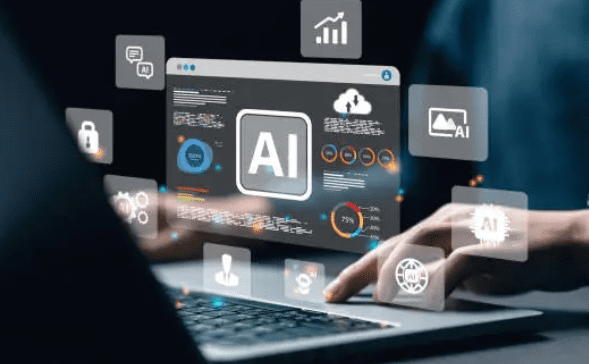Klarna, a well-known company that lets people buy things now and pay later, is making big changes. They plan to use artificial intelligence (AI) to reduce their workforce by nearly half. This means going from 5,000 employees down to just 2,000. Klarna says AI will help in areas like marketing and customer service, allowing them to operate with fewer people. Klarna’s CEO, Sebastian Siemiatkowski, explained that these job cuts could allow the company to pay more to those who stay.

Why AI?
So, why is Klarna turning to AI? AI technology can do many jobs that people do, but faster and sometimes better. For example, AI can answer customer questions, suggest products, and even help with marketing strategies. By using AI, Klarna hopes to cut costs and boost profits. Siemiatkowski believes this move will not just save money but also help Klarna grow.
However, he also expressed some concerns. While AI might make some jobs easier, it could also take away jobs that people rely on. He said, “It’s not enough to just say new jobs will be created in the future.” His worry is that not everyone can easily switch to new kinds of jobs, especially older workers.
Government’s Role in AI
Sebastian thinks the government should start planning now for the changes AI will bring. He suggested that politicians should think about other ways to support people who might lose their jobs because of AI. “There should be alternatives for those affected,” he mentioned on BBC Radio 4’s Today programme.
His comments reflect a growing concern about the rapid growth of AI and its impact on employment. For instance, the International Monetary Fund (IMF) has predicted that AI could affect nearly 40% of all jobs and might worsen income inequality. This means that while some people might find new opportunities, others could be left behind.
Union Concerns
Unions, groups that protect workers’ rights, are worried too. They fear that many people might lose their jobs because of AI. They are calling for laws to protect workers from mass layoffs. Unions want to make sure companies don’t just cut jobs to save money without considering the impact on people’s lives.
Klarna, which is based in Sweden and has two offices in the UK, reported a big increase in revenue, up by 27% to 13.3 billion Swedish krona (about £990 million). This shows that the company is doing well financially. The CEO says that their focus on AI has helped them cut costs and improve profits.

Job Cuts Through Natural Attrition
Siemiatkowski shared that Klarna would reduce its workforce mainly through “natural attrition.” This means they won’t replace people when they leave. It’s like a hiring freeze. Normally, when companies do this, the remaining workers end up with more to do. But Klarna’s CEO believes AI will handle the extra work. He even suggested that this could be good for some employees who might get paid more as a result.
Still, the CEO understands that not everyone will see this as a positive change. He noted that it’s important for governments to think about how to help those who lose their jobs because of AI. However, he also believes that stopping AI’s progress isn’t the answer. “There’s no stopping progress for firms like ours,” he stated.
Looking Ahead: Klarna’s Stock Market Plans
Klarna’s move towards AI and job cuts could be part of a bigger plan. The company is expected to list on the stock exchange soon. Companies like Nvidia and Microsoft, which heavily invest in AI, have recently dominated the stock market. By making AI a key part of its strategy, Klarna hopes to attract investors when it goes public.

In the end, Klarna’s shift to AI is both a chance and a challenge. For the company, it could mean better profits and higher pay for some workers. But for others, it might mean losing their jobs. As AI continues to grow, more companies may follow Klarna’s lead. The big question is how we, as a society, will handle these changes. Will we find new opportunities, or will AI leave many behind? Only time will tell, but it’s clear that AI is changing the way companies operate—and the lives of the people who work for them.








